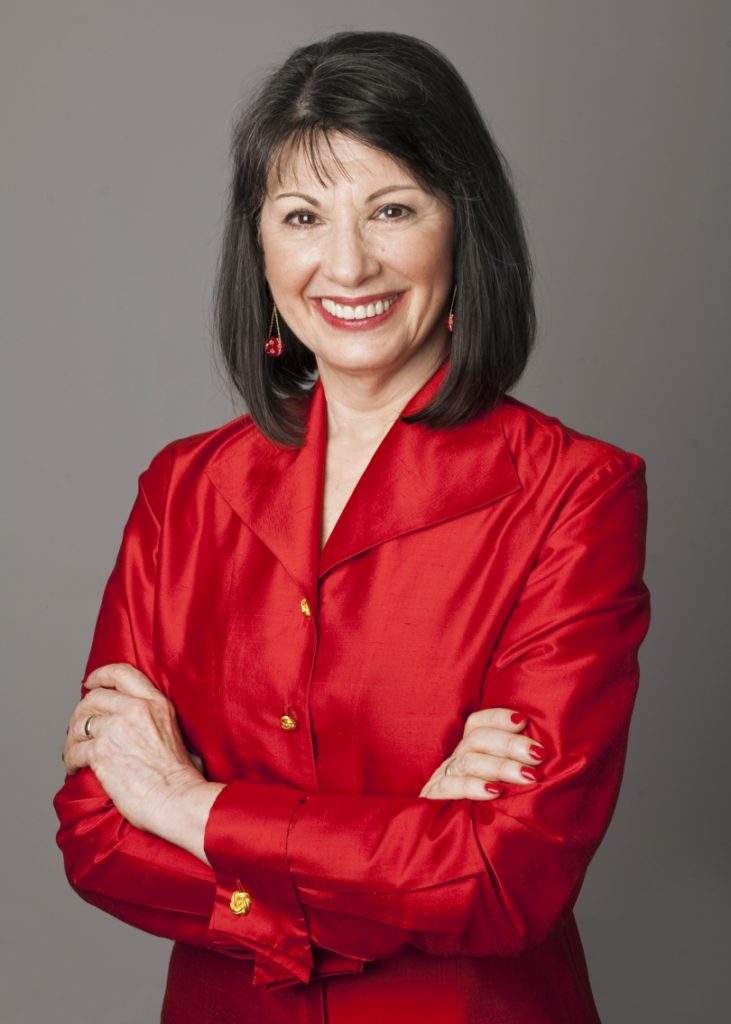


The flip of that is having power over someone else – and if we don’t like having power over us, why would we want to do that someone else? When we redefine it at “power to,” suddenly it becomes a positive. What we think about power is the traditional idea of “power over” – somebody has power over us.

And because of that, we resist owning our own power to its fullest extent. GF: I think that very often women have in the backs of our minds an idea of what power is that has negative connotations. When you say that we need to “redefine power on our own terms,” what does that mean in a practical sense? How can we put this into practice in our jobs? Our homes? Our communities? The book asserts that there is no reason for women today not to own their power, and outlines nine “power tools” to help them achieve power in relationships and at work, and as political and cultural change-makers. She was one of Women's e-News' 2007 "21 Leaders for the 21st Century." A fellow of the International Leadership Forum, she serves on the Women’s Media Center board of directors, on the board of the Jewish Women’s Archive, and advisory boards of Our Bodies, Ourselves, Women’s Internet History Project,, and Hygeia PCP.įeldt has authored four books – most recently, No Excuses, 9 Ways Women Can Change How We Think About Power (Seal Press, Sept.

Vanity Fair magazine named Feldt one of America's "top 200 women legends, leaders, and trailblazers." Glamour honored her as Woman of the Year. magazines, among many others, and in countless online news sources including Salon, The Huffington Post and Daily Kos. Her commentary has also appeared in The New York Times, USA Today, ELLE, and Ms. (She blogs about these and other topics on her own popular webspace, Heartfeldt, at She is a sought-after speaker and has appeared on most major media outlets, both in the news and commenting on it. Under her leadership, the Planned Parenthood Action Fund grew into the largest nonpartisan pro-choice action fund.įeldt was a teenage mother from rural Texas - hers was the only Jewish family in town - who grew up to be an activist, author and leading expert in women's rights, health, sex, media, leadership and politics. Feldt brought phenomenal growth leading Planned Parenthood affiliates in West Texas and Arizona, then serving as president and CEO of Planned Parenthood Federation of America from 1996 to 2005. If not for her call to “fight forward” while she was at the helm of Planned Parenthood, insurance coverage for contraceptives would not be guaranteed – and I’d be shelling out a lot of money every month. The next time I pick up a pack of birth control pills at the pharmacy, I should really send Gloria Feldt a thank-you note.


 0 kommentar(er)
0 kommentar(er)
